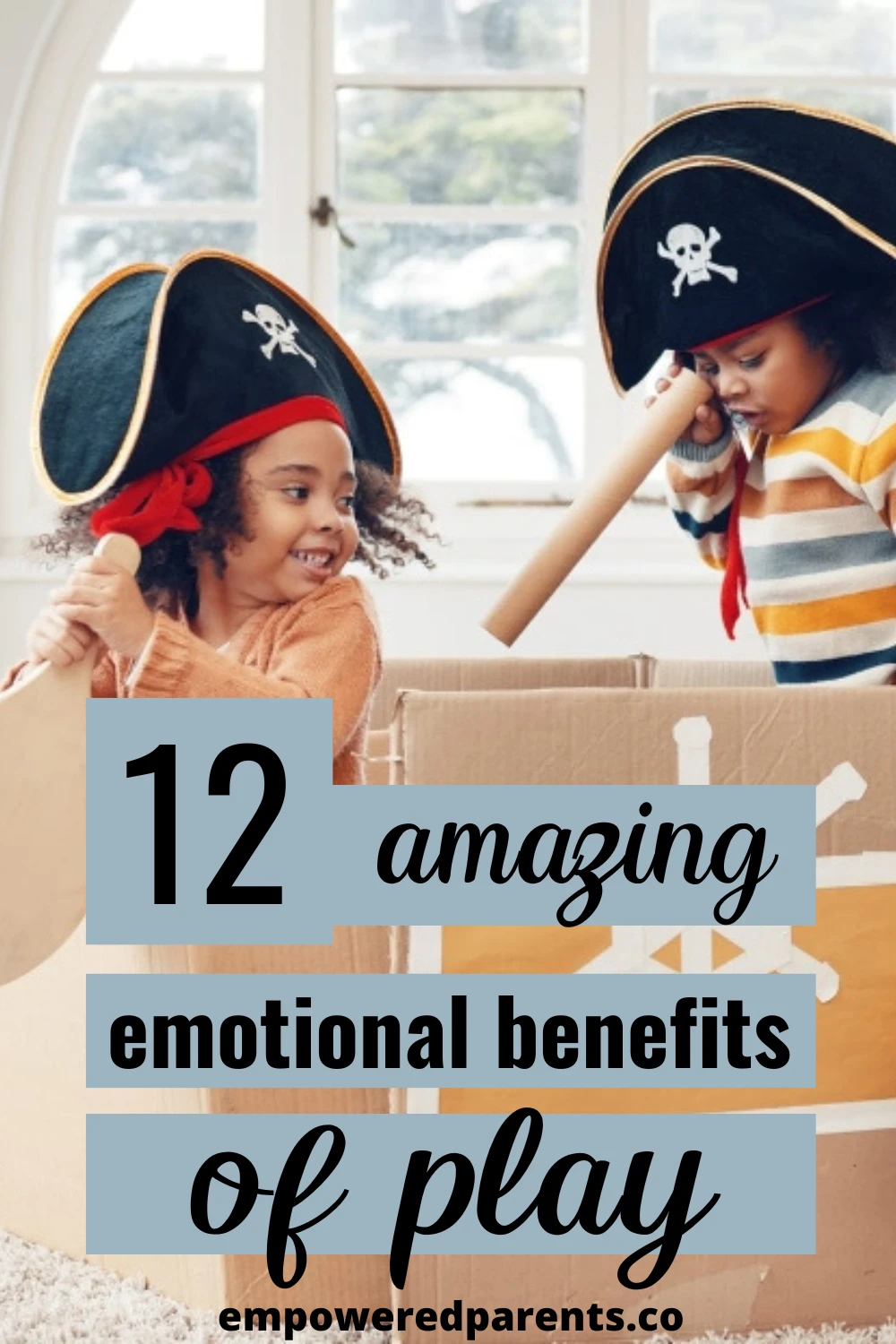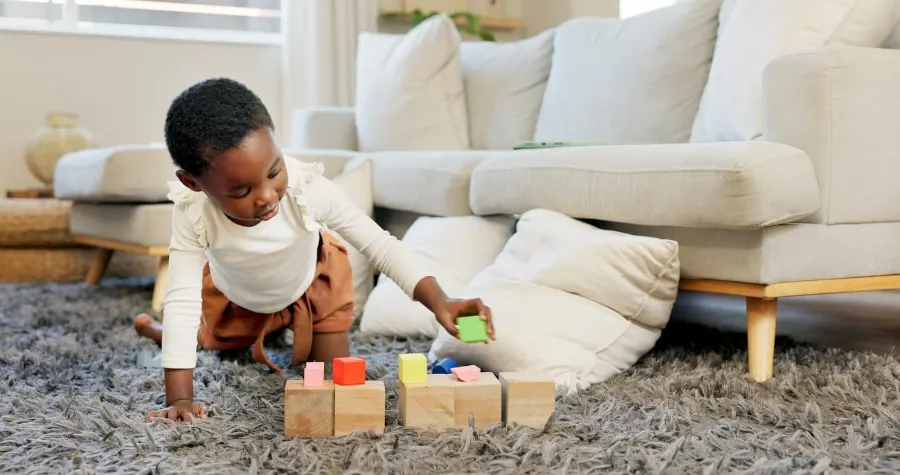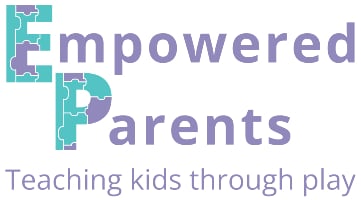In the world of play, joy and learning are intertwined. It is during play that children build their physical, intellectual, social and emotional skills.
In this article, I delve into the profound emotional benefits of play in early childhood. From building confidence to nurturing happiness, let’s explore how play impacts emotional growth in young children.
Some of the following are inspired by the book “The Young Child in Context: A Psycho-Social Perspective,” written by Marike de Witt.
Here are 12 ways play impacts emotional growth in young children:

1. Success and Self-Confidence
Unlike many adult-guided activities with a specific end result, there is no right or wrong way to play. This means that children will always experience a feeling of success – and not failure – no matter what direction their play takes.
Experiencing success helps boost self-confidence.
2. Self-Esteem
One of the most important influences on early childhood emotional well-being is how children perceive themselves.
Children feel good about themselves when they engage in creative play. The more they experience success and increased confidence, the more their self-esteem develops.
This positive self-image has a knock-on effect in many areas of life.
3. Autonomy
While children are engaging in free play, they have the freedom to do things based on their own choices, values and preferences.
They develop the ability to act independently and make their own decisions about how to spend their time.
Boredom can be a wonderful starting point for developing autonomy and independence.
4. Making Decisions
Whether playing alone or engaging with other children, there are endless opportunities for making decisions when faced with choices.

Developing good decision-making skills is helpful in many aspects of life, especially when dealing with people and choices that will affect one’s life.
5. Learning About the World
Children can often be found acting out their reality during play and this helps them learn about the world and how it operates.
A child may enjoy playing shop and setting up a checkout counter to pay for the groceries, or, after having been to the dentist, may start engaging in pretend play with various dentists’ “tools”.
6. Expressing Emotions
The connection between play and emotional health has much to do with play providing a platform to learn about emotion. This is why play therapy is the form of therapy recommended for children.
Children are often able to experience the full array of emotions – such as happiness, anger, frustration, sadness and excitement – during play.
Not only do they have a means of experiencing them, but they also have a platform for expressing them in a healthy way and making sense of them.
I see this in my young daughter who, seldom aggressive in her interaction with others, will often dish out extremely harsh punishment or tender care to her dolls while role-playing being their mother or teacher.

Play gives her a safe space to act out all extremes of emotion and try to make sense of them – and when they’re appropriate to display in the real world.
7. Competence and Skill Building
Children are constantly building skills during play – whether learning to pedal a bike or developing the finger control to stack a high tower of blocks.
The more competence they build in several areas, the greater their sense of achievement and worth.
8. Relieve Stress and Anxiety
There are so many types of play that can aid in releasing tension and anxiety.
Activities such as sand and water play, moulding playdough and painting can be wonderful stress relievers.

Any activity that is engaged in purely for the enjoyment of doing, rather than to reach a specific goal, is a great calming activity.
9. Reveal Own Personality
Play is a wonderful platform for a child’s personality to emerge.
Children discover their interests, develop personal morals and find their way of interacting with others during play – especially fantasy/pretend play.

10. Take Risks
Since there is no right or wrong way to play, and true play is completely free and child-led, kids are able to safely take risks and try new things and ways of doing things.
11. Being in Charge
A child is the master of their playtime and is able to make the rules and choose what activities to engage in.
This gives children a feeling of being in control and competent.
They also learn to sometimes take the lead while playing with others, as well as follow – which is one of the many social benefits of play in early childhood.
12. Developing Perspective
Being involved in varied play activities teaches children to look at matters from different viewpoints, especially when playing with other children.
These are just a few ideas that highlight the importance of play in early childhood for emotional development.
Are you a preschool teacher or working in Early Childhood Education? Would you like to receive regular emails with useful tips and play-based activity ideas to try with your children? Sign up for the newsletter!
Read more about the physical benefits of play, social benefits of play and cognitive benefits of play.
